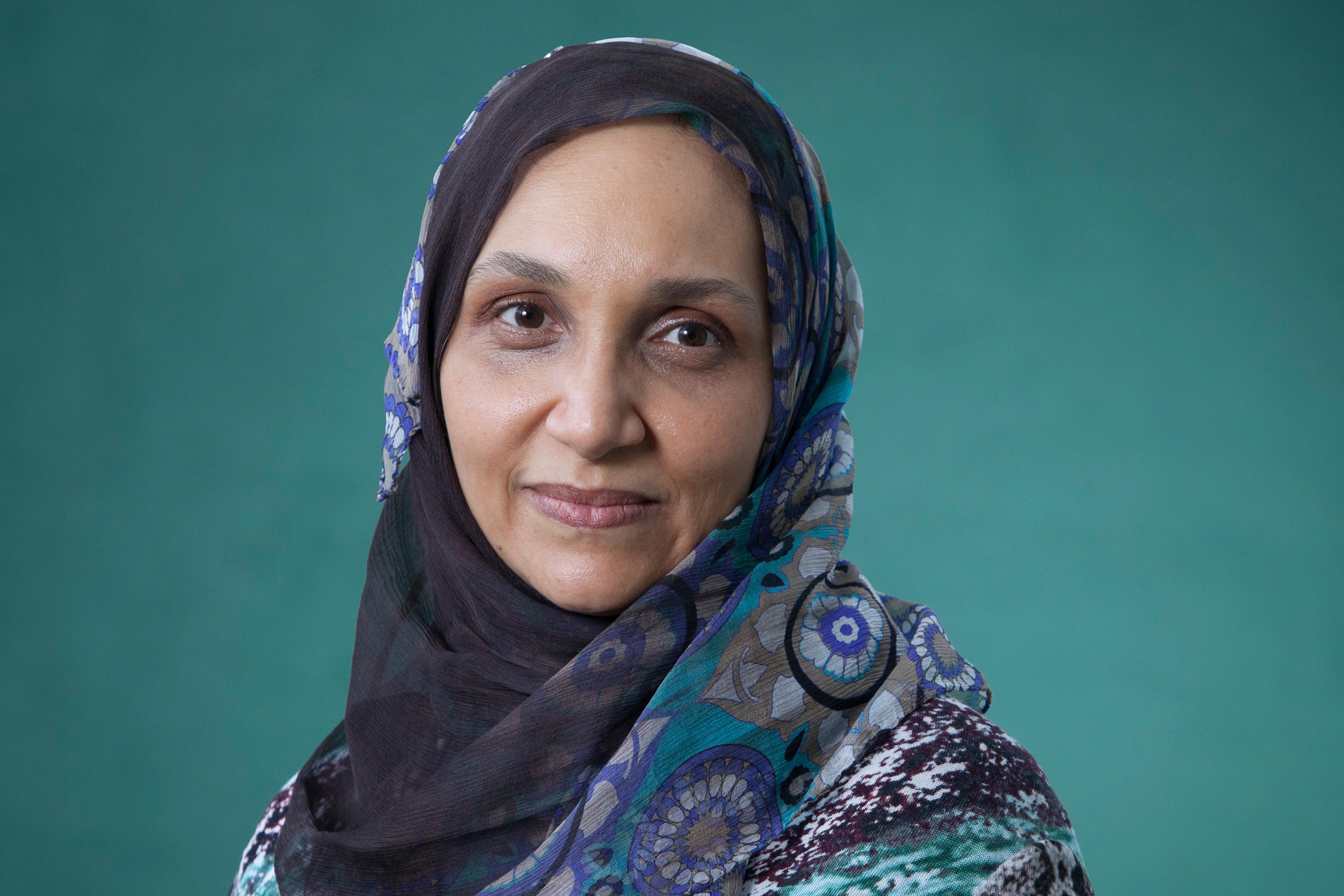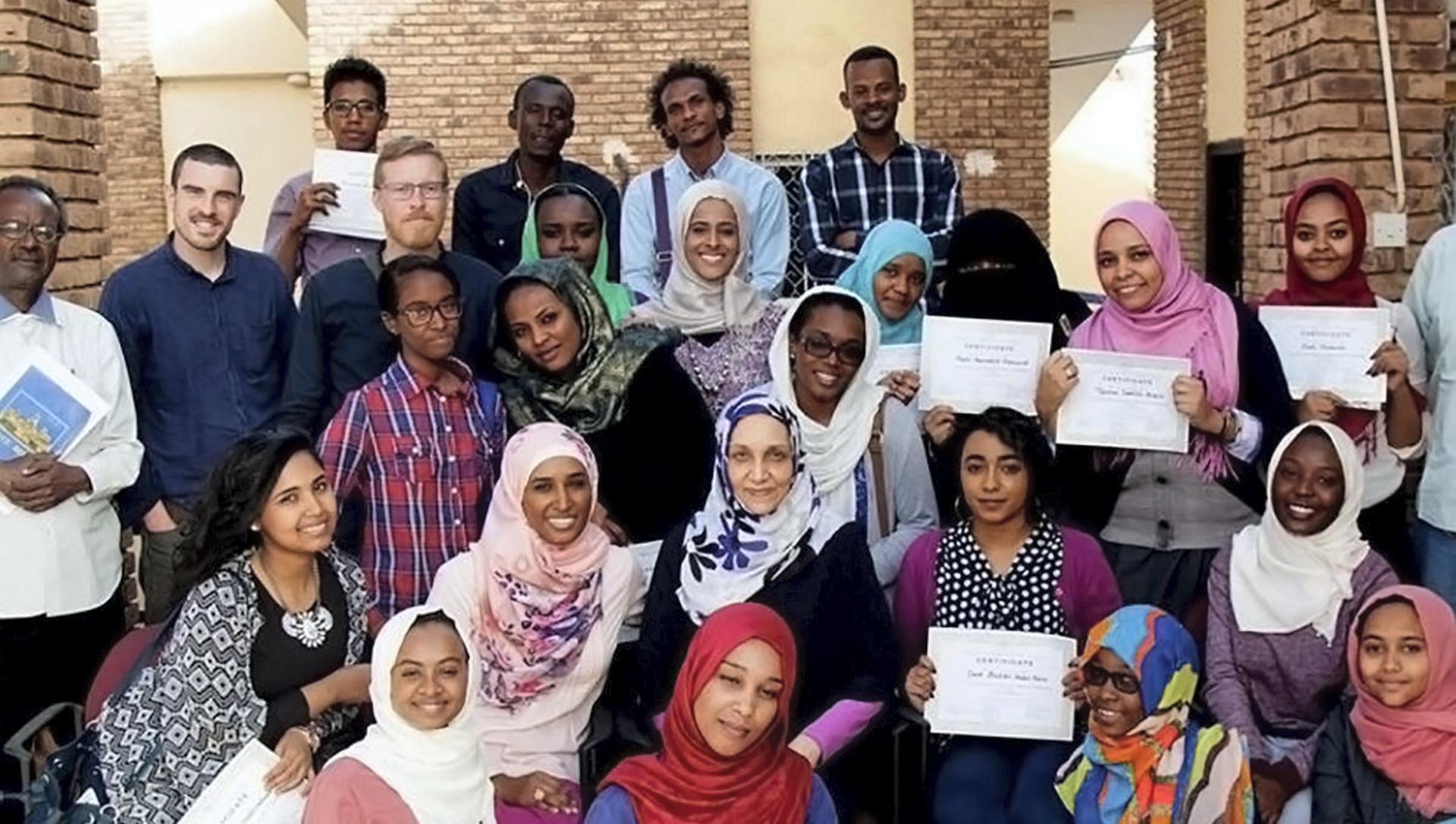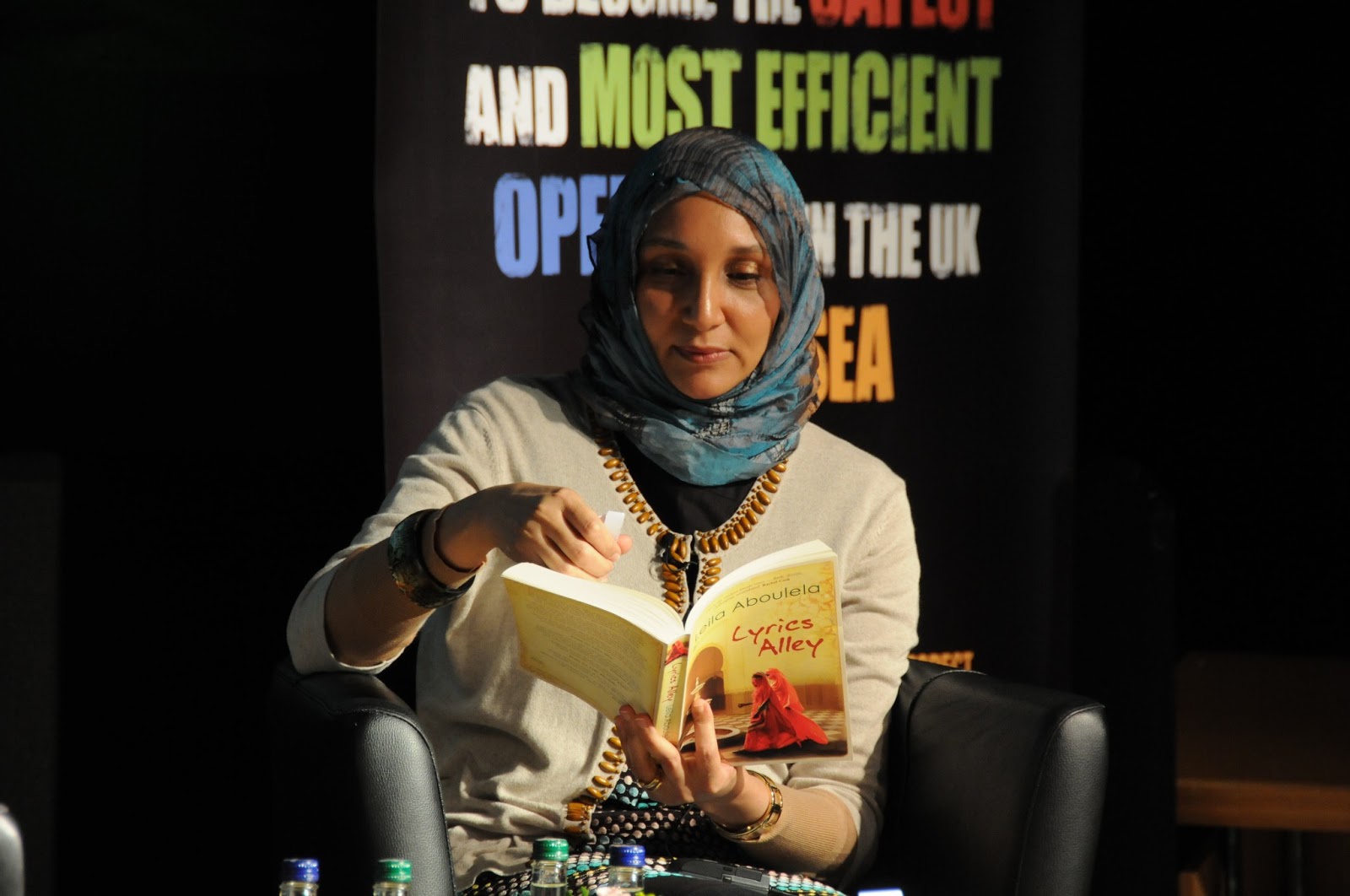 Leila Aboulela is celebrated as one of North Africa’s most influential literary figures. Born in Cairo in 1964 and raised in Sudan, Aboulela’s works have gained international acclaim for their poignant explorations of identity, faith, and cultural dislocation. Her novels, short stories, and plays have not only enriched contemporary literature but also fostered greater understanding of the complexities facing North African and Muslim women in a globalized world.
Leila Aboulela is celebrated as one of North Africa’s most influential literary figures. Born in Cairo in 1964 and raised in Sudan, Aboulela’s works have gained international acclaim for their poignant explorations of identity, faith, and cultural dislocation. Her novels, short stories, and plays have not only enriched contemporary literature but also fostered greater understanding of the complexities facing North African and Muslim women in a globalized world.
Early Life and Background
 Leila Aboulela was born to an Egyptian mother and a Sudanese father. Growing up in Khartoum, she experienced a blend of cultures that would later inform her writing. She attended the University of Khartoum, where she studied economics, and later moved to the United Kingdom to pursue a master’s degree in statistics at the London School of Economics. This transition from Sudan to the UK marked the beginning of her personal journey through cultural and geographical dislocation, themes that permeate her literary works
Leila Aboulela was born to an Egyptian mother and a Sudanese father. Growing up in Khartoum, she experienced a blend of cultures that would later inform her writing. She attended the University of Khartoum, where she studied economics, and later moved to the United Kingdom to pursue a master’s degree in statistics at the London School of Economics. This transition from Sudan to the UK marked the beginning of her personal journey through cultural and geographical dislocation, themes that permeate her literary works
Leila Aboulela’s debut novel, *”The Translator” (1999)*, is a seminal work that introduced her unique voice to the literary world. The novel tells the story of Sammar, a Sudanese widow living in Scotland, who finds solace and identity through her faith and her work as a translator. The novel’s exploration of love, loss, and the search for belonging resonated with readers and critics alike, earning it a place on the shortlist for the Orange Prize for Fiction.
Her subsequent novel, Minaret (2005) further established her reputation as a critical observer of the immigrant experience. “Minaret” follows Najwa, a once-privileged Sudanese woman who finds herself working as a maid in London after a political coup topples her family’s status. Through Najwa’s journey, Aboulela delves into themes of faith, redemption, and the clash between modernity and tradition.
In Lyrics Alley” (2010), Aboulela shifts her focus back to Sudan, weaving a rich tapestry of a Sudanese family’s life during the 1950s. This novel won the Scottish Book Awards and was shortlisted for the Commonwealth Writers’ Prize. It showcases Aboulela’s ability to blend historical narrative with personal drama, capturing the socio-political changes in Sudan during that era.
Her more recent works, including “The Kindness of Enemies” (2015), continue to explore the intersections of history, faith, and identity. This novel intertwines the stories of a modern-day Sudanese-Scottish academic and her historical research subject, the 19th-century Caucasian warrior Imam Shamil, highlighting the enduring impact of colonialism and the ongoing struggle for cultural identity.
Leila Aboulela’s influence extends beyond her literary accomplishments. Through her storytelling, she has brought the experiences and challenges of North African and Muslim women to a broader audience, fostering empathy and understanding. Her works challenge stereotypes and offer nuanced perspectives on Islam, identity, and the immigrant experience.
 Cultural Representation and Advocacy: Aboulela’s works provide a platform for underrepresented voices, particularly those of North African and Muslim women. By highlighting their struggles and triumphs, she challenges the monolithic narratives often portrayed in Western media. Her characters are complex, multifaceted individuals who navigate the intricacies of faith, culture, and identity in a globalized world.
Cultural Representation and Advocacy: Aboulela’s works provide a platform for underrepresented voices, particularly those of North African and Muslim women. By highlighting their struggles and triumphs, she challenges the monolithic narratives often portrayed in Western media. Her characters are complex, multifaceted individuals who navigate the intricacies of faith, culture, and identity in a globalized world.
Promotion of Islamic Faith: One of Aboulela’s distinctive contributions is her portrayal of Islam as a source of strength and identity. Her protagonists often find solace and purpose through their faith, countering the negative portrayals of Islam prevalent in contemporary discourse. This positive representation helps to humanize Muslim characters and fosters a greater understanding of their spiritual and cultural lives.
Educational Impact: Aboulela’s works are widely studied in academic settings, from high schools to universities, where they are used to discuss themes of immigration, identity, and cultural conflict. Her novels and short stories serve as valuable resources for courses on contemporary literature, Middle Eastern studies, and postcolonial studies.
Mentorship and Support for Emerging Writers: Aboulela is committed to nurturing the next generation of African writers. She participates in literary festivals, workshops, and mentorship programs, providing guidance and support to aspiring authors. Her involvement in these initiatives helps to cultivate a vibrant literary community and ensure that diverse voices continue to emerge and flourish.
Public Speaking and Advocacy: Aboulela is a sought-after speaker at literary events, academic conferences, and cultural forums. Through her public engagements, she advocates for greater inclusivity and representation in literature and media. She addresses issues such as the portrayal of Muslim women, the immigrant experience, and the importance of cultural diversity in storytelling.
Thematic Exploration in Aboulela’s Work
 Identity and Dislocation: Central to Aboulela’s narratives is the theme of identity, particularly how it is shaped and reshaped by migration and cultural dislocation. Her characters often grapple with their sense of self amidst the pressures of adapting to new environments. This theme resonates with many readers who have experienced similar journeys.
Identity and Dislocation: Central to Aboulela’s narratives is the theme of identity, particularly how it is shaped and reshaped by migration and cultural dislocation. Her characters often grapple with their sense of self amidst the pressures of adapting to new environments. This theme resonates with many readers who have experienced similar journeys.
Faith and Spirituality: Aboulela’s portrayal of Islam is nuanced and respectful. Her characters’ faith is depicted as a source of strength, offering them guidance and solace in times of difficulty. This positive representation challenges the often negative stereotypes associated with Islam in Western media.
Gender and Society: Aboulela’s female protagonists navigate complex social landscapes, balancing traditional roles with modern aspirations. Her exploration of gender dynamics within Muslim and North African contexts provides a fresh perspective on the challenges and opportunities faced by women in these societies
Historical Context: By situating her stories within specific historical contexts, Aboulela provides readers with a deeper understanding of the socio-political dynamics that shape her characters’ lives. Her historical narratives, such as those in “Lyrics Alley” and “The Kindness of Enemies,” offer insights into the impact of colonialism and the ongoing struggle for cultural identity.
Leila Aboulela stands as a towering figure in contemporary North African literature. Through her richly crafted narratives, she has brought the experiences and voices of North African and Muslim women to the forefront of global literary discourse. Her impact extends beyond her written works, as she actively engages in cultural advocacy, mentorship, and public speaking. Aboulela’s contributions have not only enriched the literary world but also fostered greater understanding and empathy towards the complex realities of cultural dislocation, identity, and faith. Her legacy continues to inspire and empower new generations of writers and readers alike.
By: Jide Adesina


